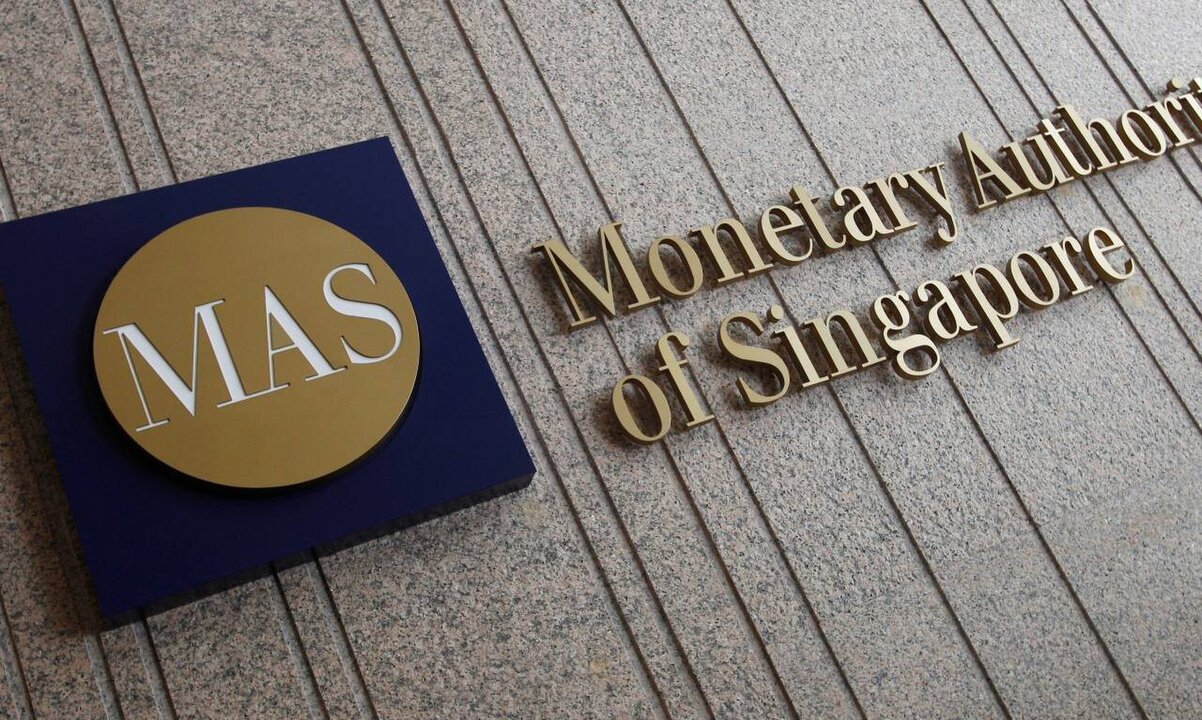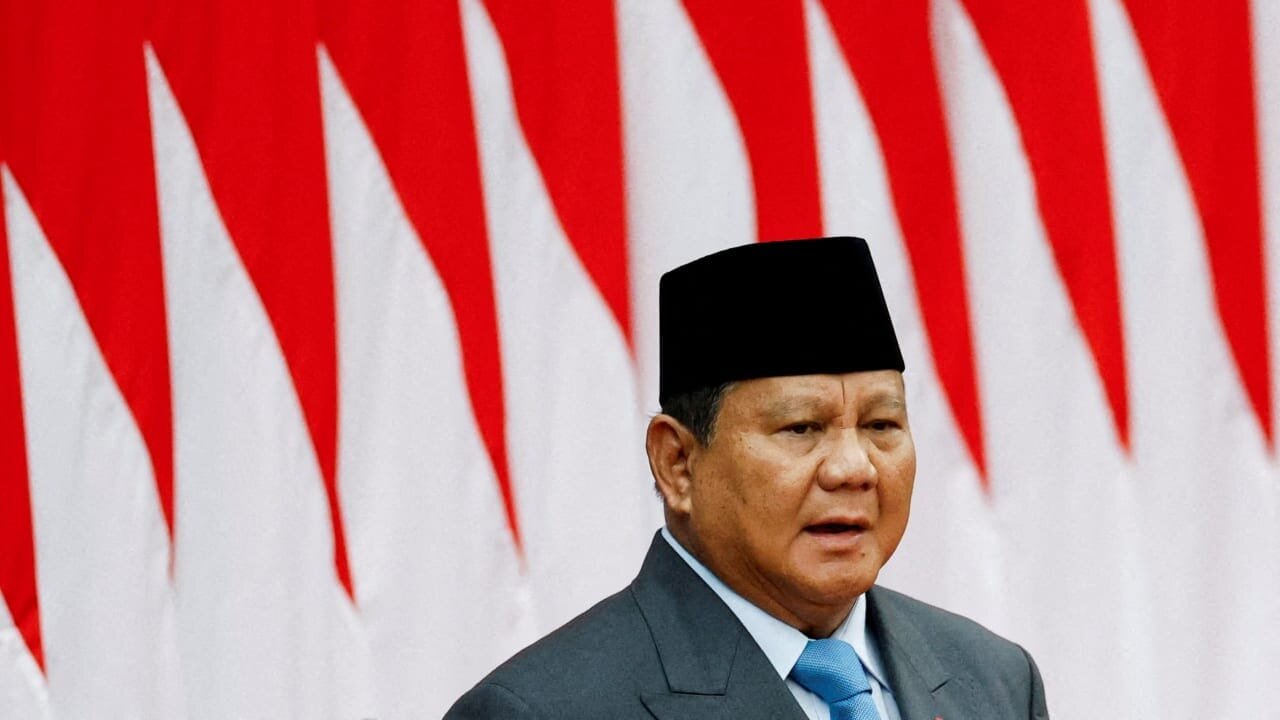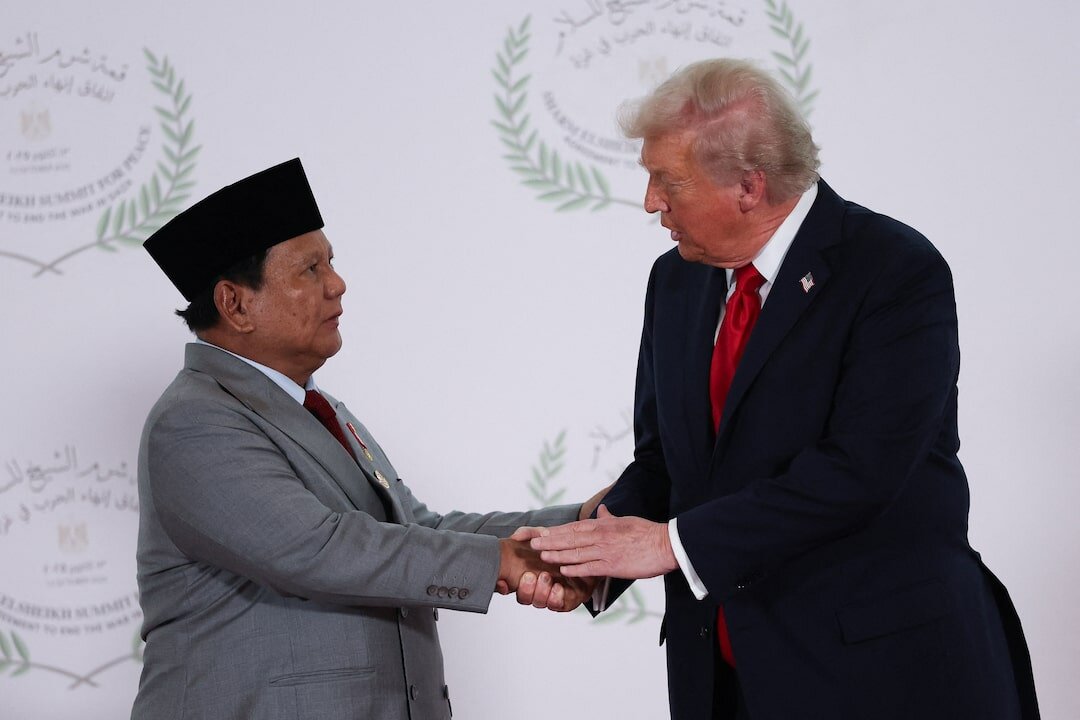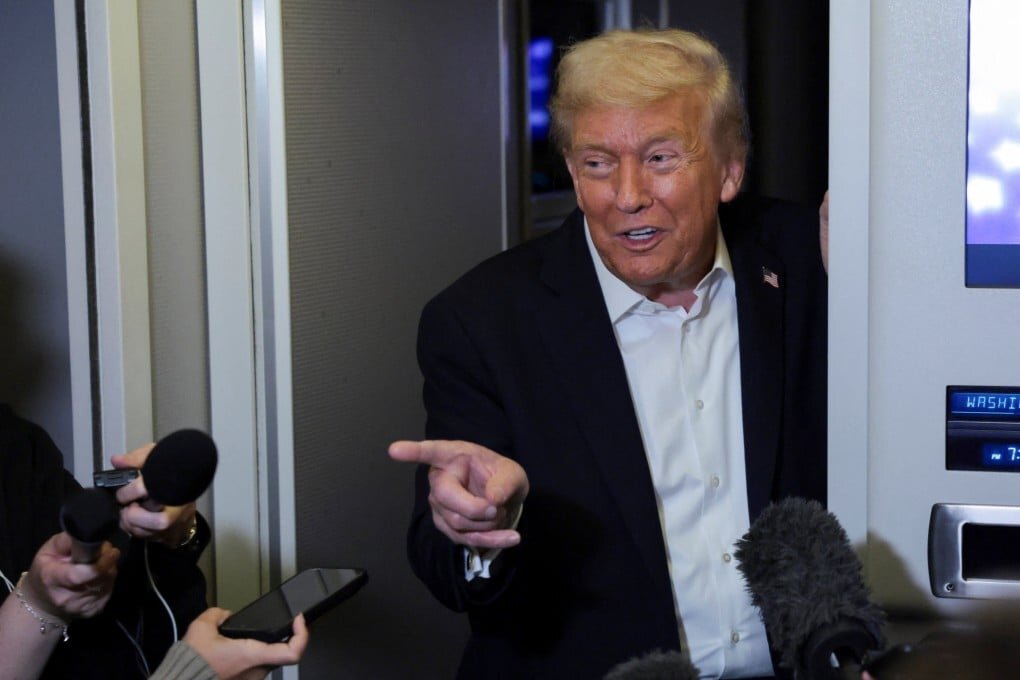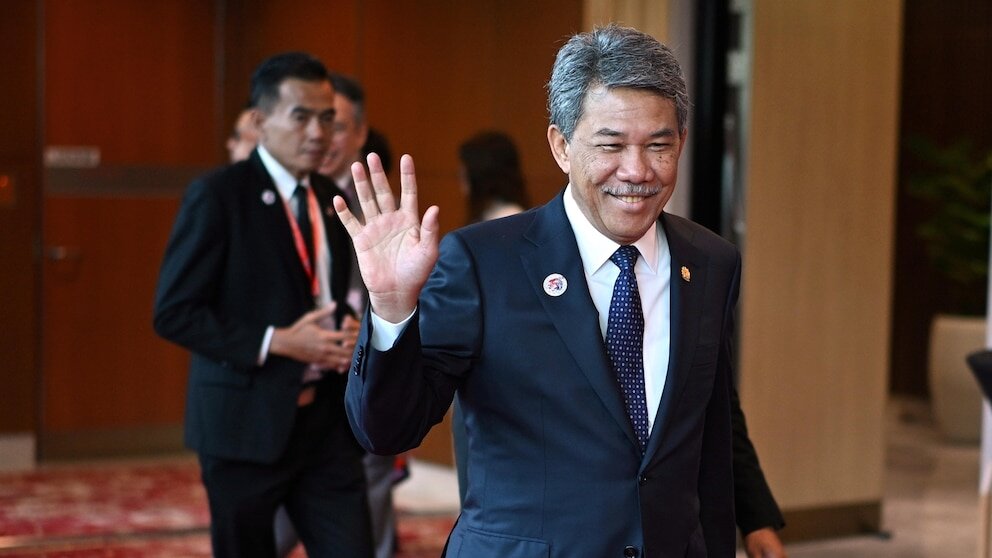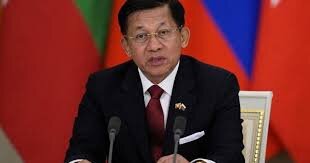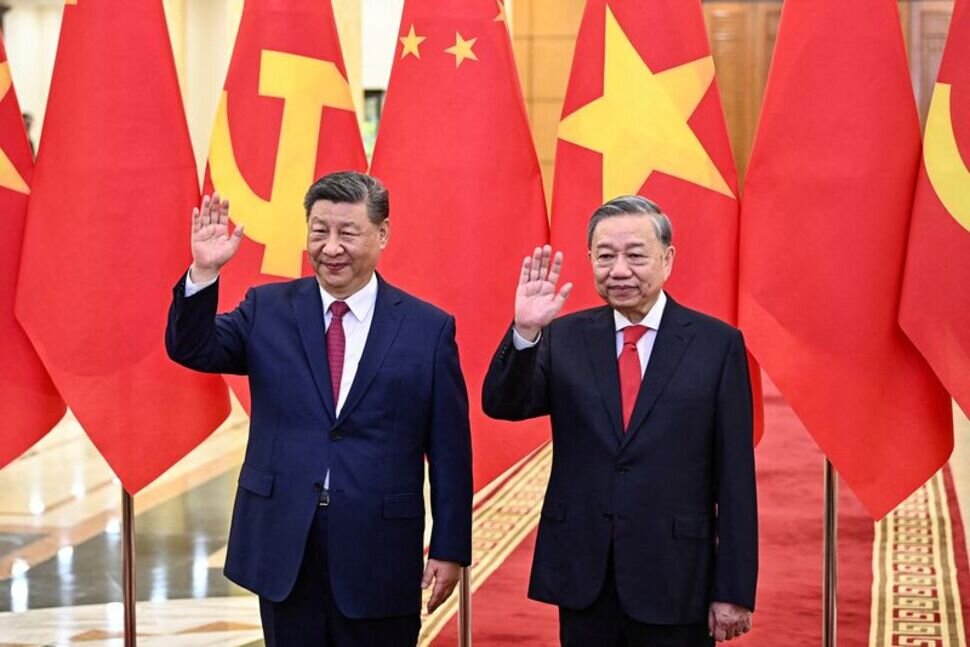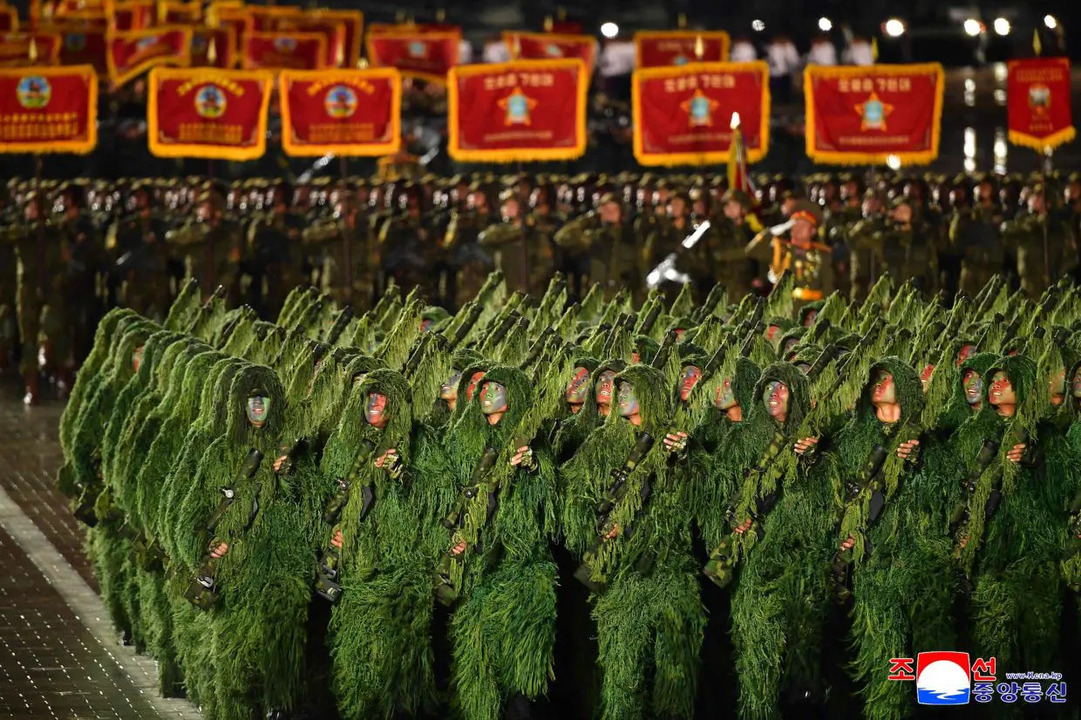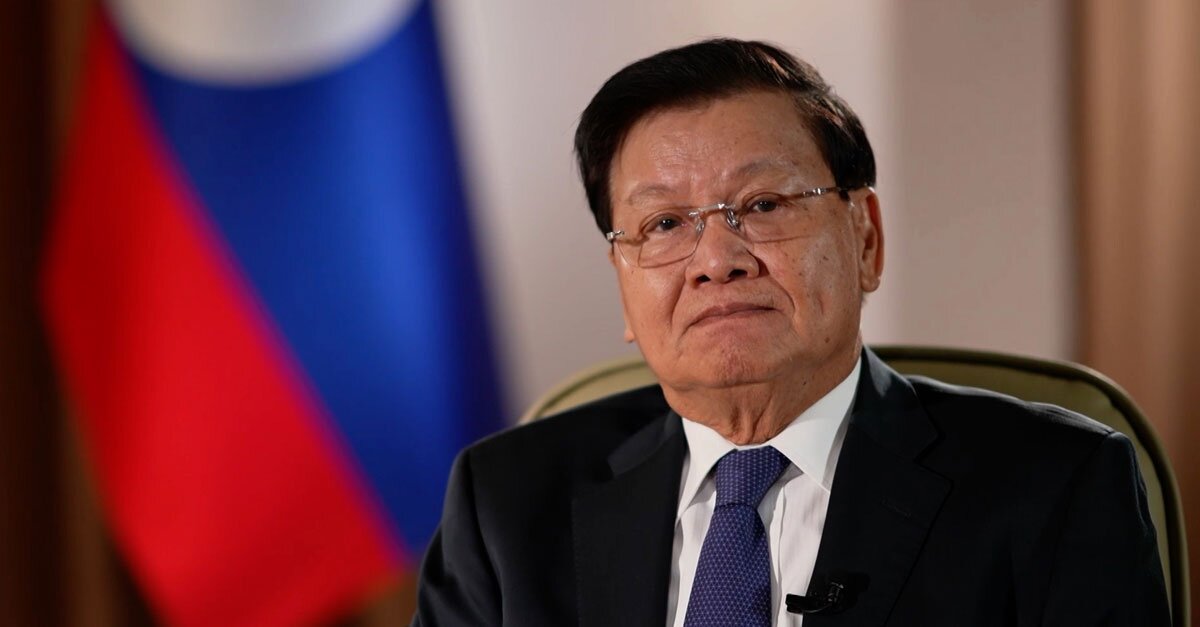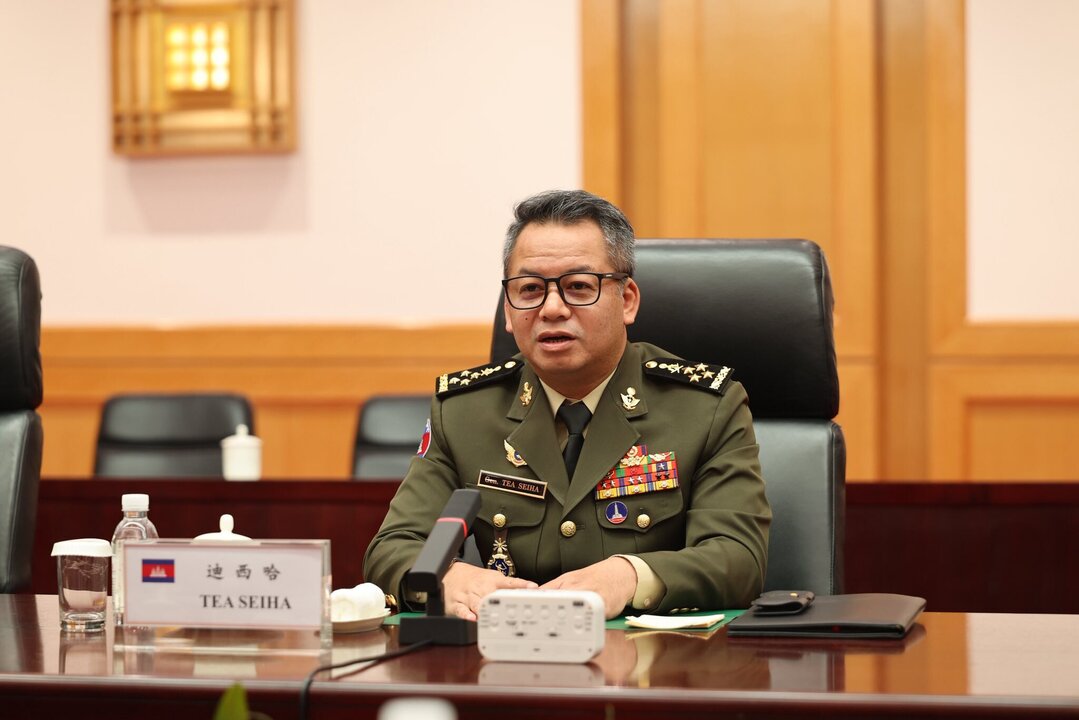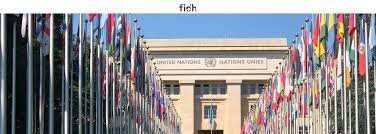Affidavit alleges repeated removal of classified material and multiple meetings with Chinese officials
A federal affidavit filed October 13 in the U.S. District Court for the Eastern District of Virginia asserts that Ashley Tellis, a prominent Indian-American national security scholar and long-time U.S. adviser, unlawfully retained more than one thousand classified pages—many marked “Top Secret” and “Secret”—which were recovered during a weekend FBI raid on his Virginia residence, including in three trash bags.
The Justice Department contends that Tellis repeatedly removed sensitive documents from secure government facilities and stored them unsecured at his home just outside Washington.
Prosecutors claim that Tellis printed or directed associates to print highly classified materials—some concerning U.S. military aircraft capabilities—on government computers, then transported them in a leather briefcase.
Surveillance video is said to show him leaving State Department and Defense Department buildings with the briefcase on a number of occasions.
The affidavit further alleges that over recent years Tellis met multiple times with Chinese government officials.
At a September 2022 dinner in Fairfax, Virginia, he arrived carrying a manila envelope while Chinese participants entered with a “gift bag”.
The affidavit notes he did not appear to possess the envelope upon leaving, though it does not explicitly accuse him of handing over classified content.
Tellis, age sixty-four, holds a Top Secret security clearance due to his prior work with U.S. foreign policy and defense institutions.
He has served on the National Security Council under President George W.
Bush, worked as a contractor for the Defense Department’s Office of Net Assessment, and since has maintained a high profile as a scholar and adviser in Washington policy circles.
He also holds the Tata Chair for Strategic Affairs and is a senior fellow at the Carnegie Endowment for International Peace.
He was arrested over the weekend and has been formally charged with unlawful retention of national defense information.
A federal judge ordered that he be held without bail ahead of a detention hearing.
If convicted, Tellis could face up to ten years in prison and a fine of up to $250,000.
His lawyers have signalled readiness to contest the case at the forthcoming hearing.
The arrest has rattled U.S. foreign-policy circles, spotlighting upward scrutiny of how classified material is handled even by veteran insiders.
It also intensifies concerns over Tellis’s Beijing contacts, raising questions about disclosure, oversight, and the boundaries between scholarly engagement and national security risks.
The Justice Department contends that Tellis repeatedly removed sensitive documents from secure government facilities and stored them unsecured at his home just outside Washington.
Prosecutors claim that Tellis printed or directed associates to print highly classified materials—some concerning U.S. military aircraft capabilities—on government computers, then transported them in a leather briefcase.
Surveillance video is said to show him leaving State Department and Defense Department buildings with the briefcase on a number of occasions.
The affidavit further alleges that over recent years Tellis met multiple times with Chinese government officials.
At a September 2022 dinner in Fairfax, Virginia, he arrived carrying a manila envelope while Chinese participants entered with a “gift bag”.
The affidavit notes he did not appear to possess the envelope upon leaving, though it does not explicitly accuse him of handing over classified content.
Tellis, age sixty-four, holds a Top Secret security clearance due to his prior work with U.S. foreign policy and defense institutions.
He has served on the National Security Council under President George W.
Bush, worked as a contractor for the Defense Department’s Office of Net Assessment, and since has maintained a high profile as a scholar and adviser in Washington policy circles.
He also holds the Tata Chair for Strategic Affairs and is a senior fellow at the Carnegie Endowment for International Peace.
He was arrested over the weekend and has been formally charged with unlawful retention of national defense information.
A federal judge ordered that he be held without bail ahead of a detention hearing.
If convicted, Tellis could face up to ten years in prison and a fine of up to $250,000.
His lawyers have signalled readiness to contest the case at the forthcoming hearing.
The arrest has rattled U.S. foreign-policy circles, spotlighting upward scrutiny of how classified material is handled even by veteran insiders.
It also intensifies concerns over Tellis’s Beijing contacts, raising questions about disclosure, oversight, and the boundaries between scholarly engagement and national security risks.

